Are you interested in learning about different cultures and their histories? Here are the ethnology museums to visit in Valencian Community:
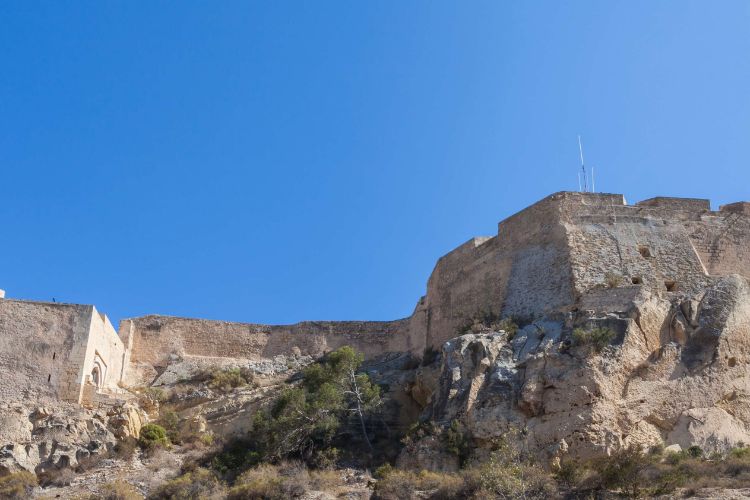
Castillo de Santa Bárbara - Museo de la Ciudad de Alicante
AlicanteCastillo de Santa Bárbara (The castle of Santa Bárbara) is a castle in Alicante, on Mount Benacantil, a rocky mass with a height of 167 meters that borders the sea and from which you can see the entire bay of Alicante and its terrestrial surroundings, giving it a big strategic advantage. The Museo d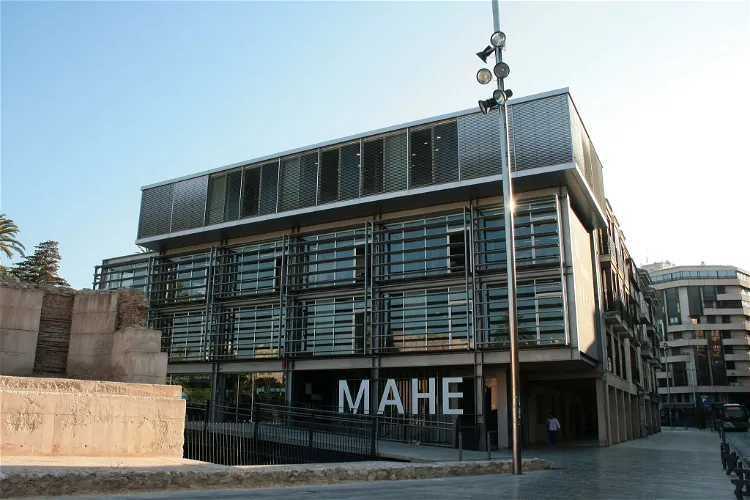
Museo Arqueológico y de Historia de Elche
ElcheThe Museo Arqueológico y de Historia de Elche (MAHE) is an archaeological museum situated in the Spanish city of Elche, within the province of Alicante. It is a significant regional archaeological reference point, offering a comprehensive overview of the city's various historical stages.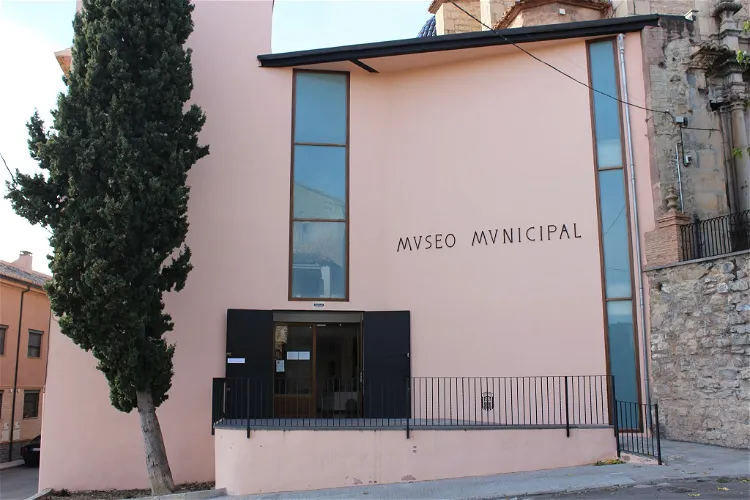
Museo Municipal de Jérica
JéricaThe Museo Municipal de Jérica has received several recognitions over the years. In 1962, it was declared a National Historic Artistic Monument. Later, on February 22, 1996, it was recognized as a permanent museum collection. In 2004, it was declared a Cultural Interest Property, further emphasizing its importance in preserving and showcasing local heritage.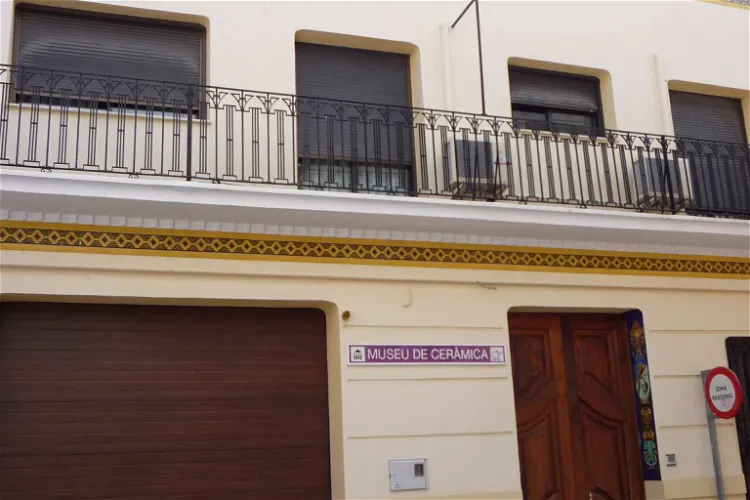
Ceramic Museum of Manises
ManisesThe Ceramic Museum of Manises (MCM) is a public ethnological museum that is owned by the Manises City Council. The museum primarily focuses on ceramics from Manises, specifically those from the 14th to the 20th centuries. Additionally, the museum also showcases contemporary creative ceramics, which are obtained from the winners of the National Ceramic Competition of Manises.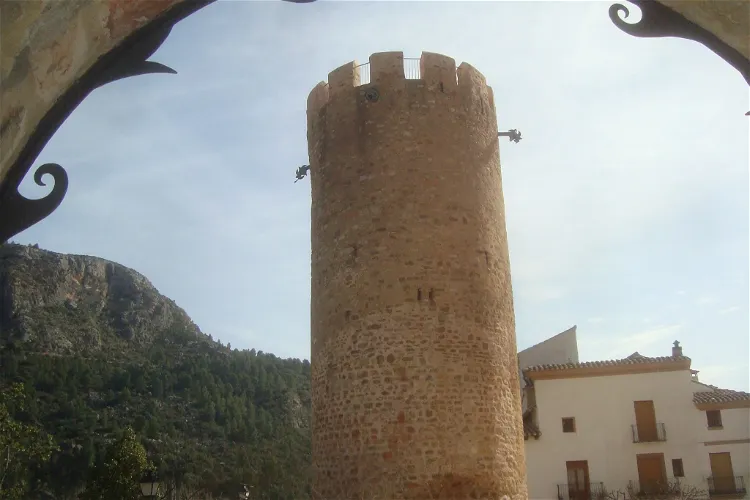
Torre Redonda
ArgelitaThe Torre Redonda de Argelita is situated in the urban area of the town, right in the center of the Church square. It is adjacent to the remains of the Palace of Abú Zayd. This location makes it easily accessible and a central point of interest for tourists visiting the town.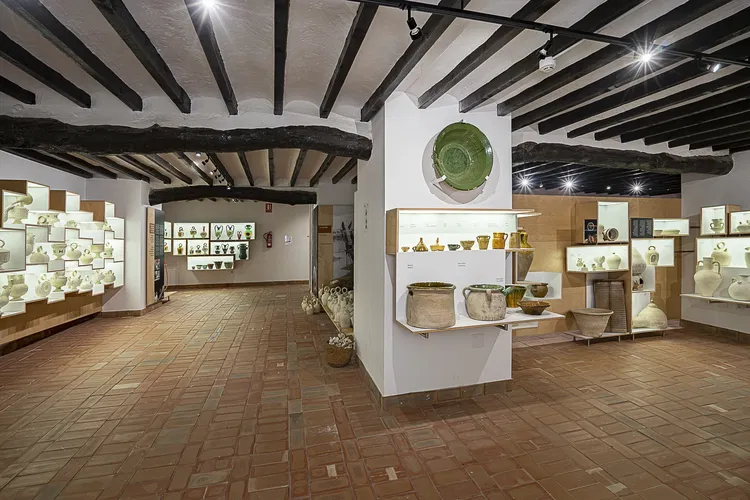
Agost Pottery Museum
AgostThe Museo de Alfarería in Agost, Alicante, Spain, has a rich history that dates back to 1981. It was established by German ethnologist Ilse Schütz, who owned and directed it for 19 years. In March 2000, the Agost City Council took over the personnel and maintenance costs of the museum, ensuring its continued operation and preservation.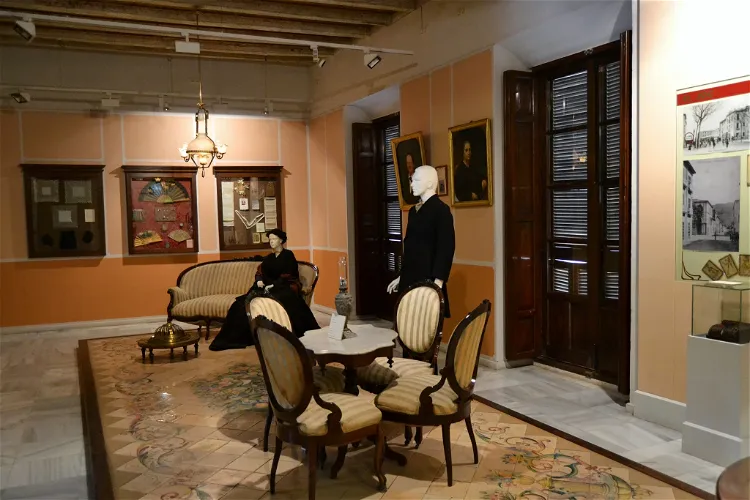
Ethnological Museum
DeniaThe Ethnological Museum of Denia is situated in the vibrant city of Denia, nestled within the province of Alicante in the Valencian Community, Spain. This location offers visitors a chance to explore the rich cultural heritage of the region while enjoying the scenic beauty of the city.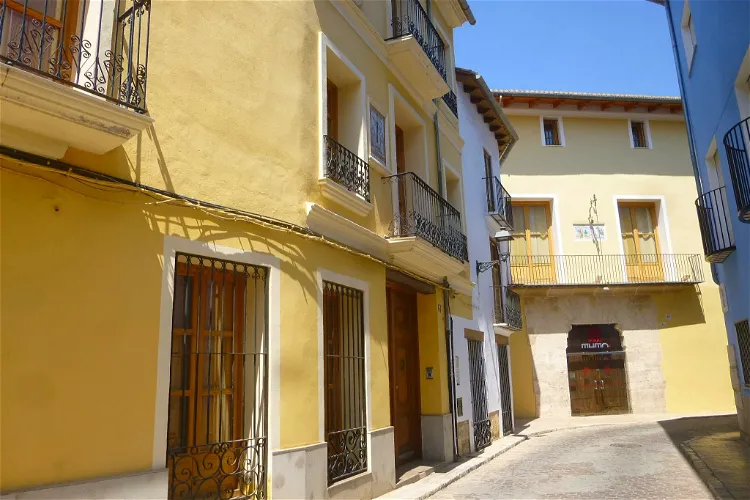
Municipal Museum
AlciraThe Municipal Museum of Alcira (MUMA) is a significant institution that gathers and presents the history of the city of Alcira and the Ribera Alta region. It provides a comprehensive overview of the area's past, making it an informative destination for tourists interested in local history and culture.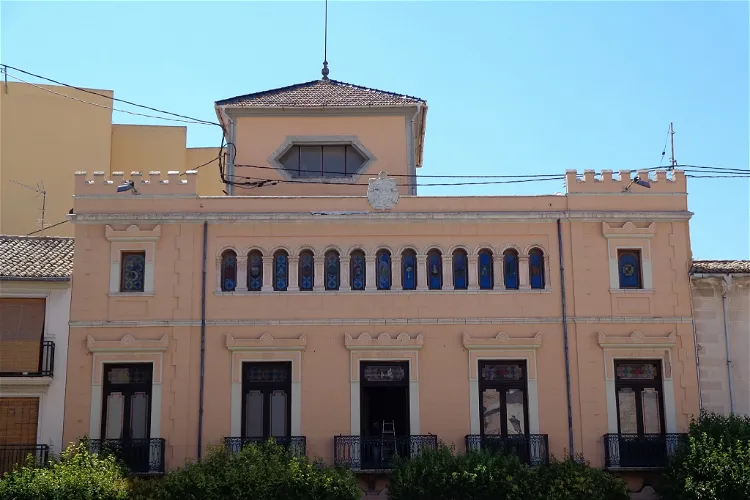
Museo Festero
VillenaEl Museo Festero is situated in the 'Casa del Festero', in the Santiago square of Villena, a province of Alicante, Spain. The museum was inaugurated in 1981 and gained official recognition in 1996. This information is crucial for tourists who are interested in the history and culture of the region.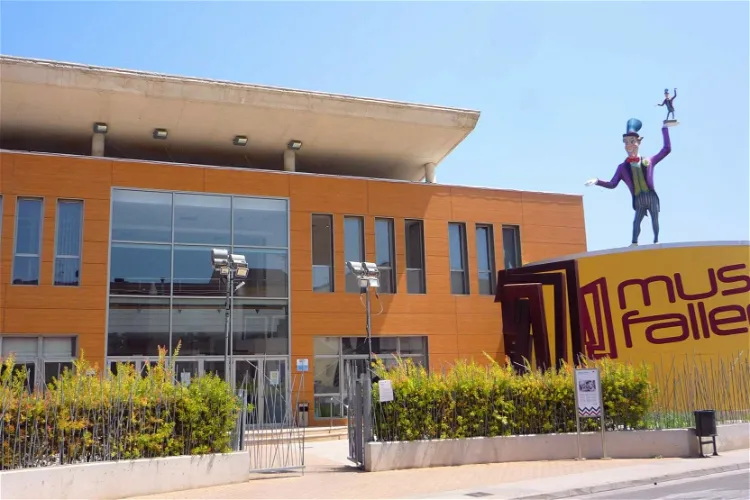
Faller Museum of Gandia
GandíaThe Faller Museum of Gandia, located in Valencia, is a unique institution dedicated to the interpretation of the Fallas festival. This museum provides an in-depth understanding of this traditional celebration, emphasizing the city of Gandia but not limited to it. It offers a general historical overview of the festival's origin and covers all aspects surrounding the Fallas activity, such as traditional clothing, pyrotechnics, Fallas literature, traditional music, and the monuments associated with the festival.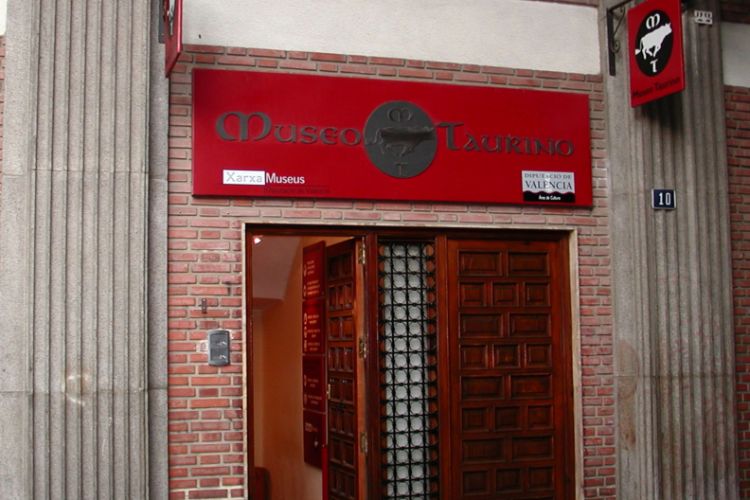
Taurino Museum
ValenciaThe Taurino Museum is a museum in Valencia that is devoted to bullfighting, a Spanish traditional, yet controversial sport. The exhibits in the museum focus mainly on costumes but the Bullfighting Museum in Valencia also displays other cultural artifacts. The collections illustrates the history of b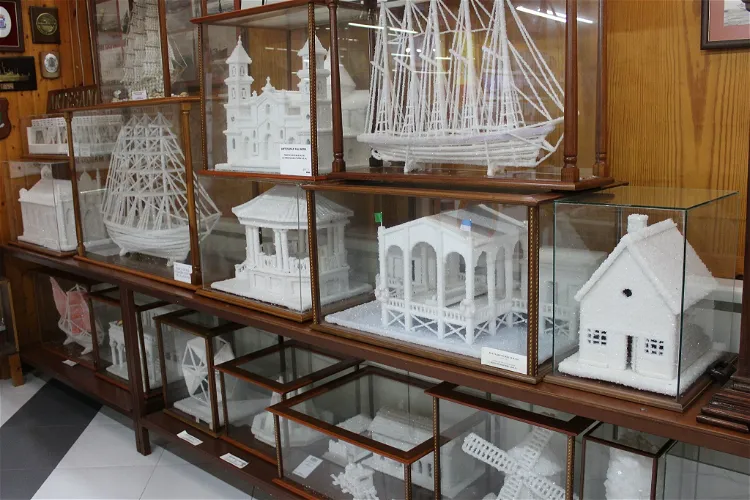
Sea and Salt Museum
TorreviejaThe Sea and Salt Museum in Torrevieja, located in the province of Alicante, Spain, is an ethnological museum that was inaugurated in 1995. It is dedicated to the maritime and salt heritage of Torrevieja, showcasing the city's rich history and culture. The museum's exhibits provide a deep insight into the city's past, making it a fascinating destination for those interested in history and culture.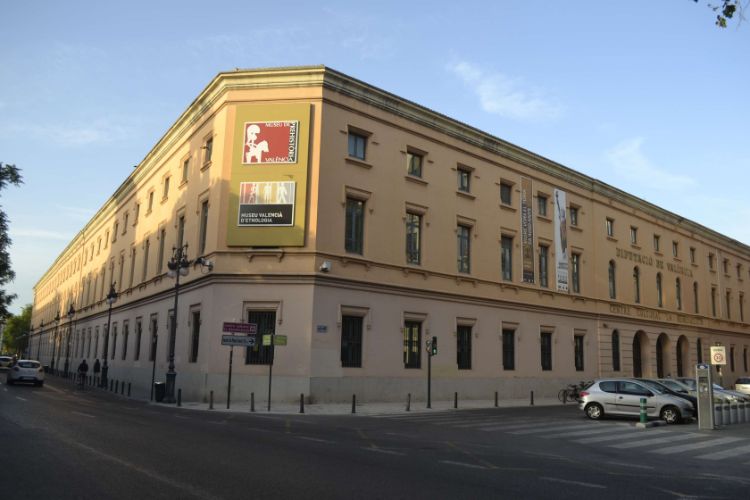
Museu Valencià d'Etnologia
ValenciaThe Valencian Museum of Ethnology (Museu Valencià d'Etnologia) is a history musuem in Valencia dedicated to ethnology and anthropology. It focuses on the cultural patterns of traditional Valencian society and its process of transition to industrialized society, as well as the general scope of cultur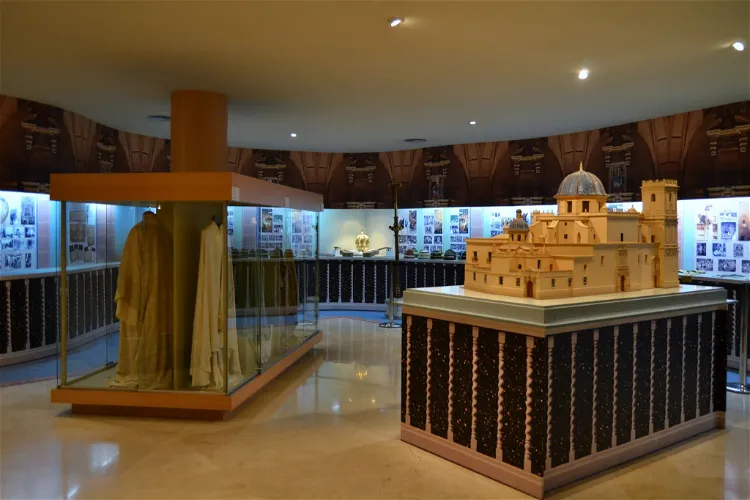
Museo de la Festa
ElcheThe Museo Municipal de la Festa in Elche, located in Alicante, Spain, was established with the aim of encapsulating the enchantment of the Festa and making it accessible to visitors all year round. This museum serves as a gateway to experience the unique cultural celebration, regardless of the time of your visit.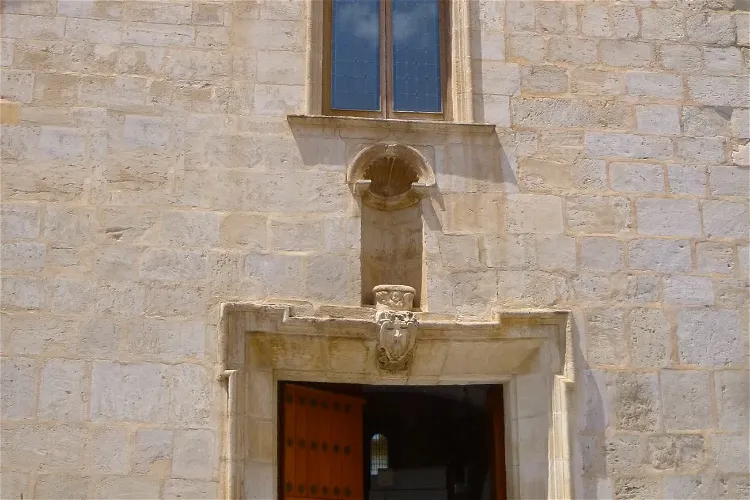
Regional Archaeological Museum of Orihuela
OrihuelaThe Regional Archaeological Museum of Orihuela is situated in the church and men's room of the former municipal hospital San Juan de Dios. This unique location adds a historical charm to the museum, making it an interesting place to visit for those interested in architecture and history.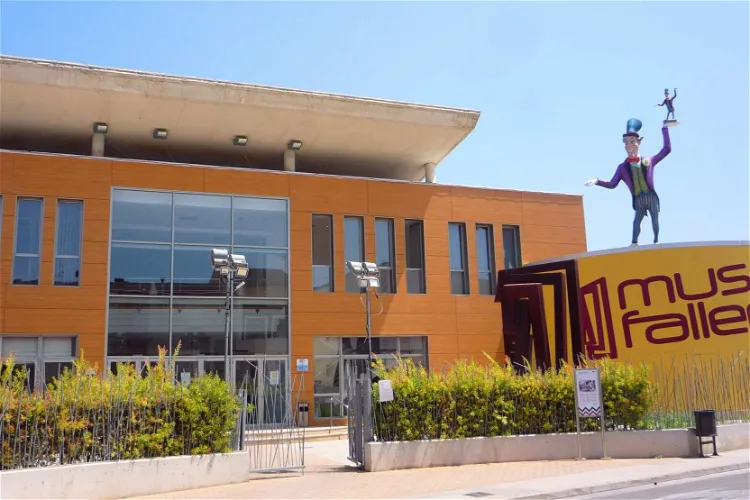
Faller Museum of Gandia
DeniaThe Faller Museum of Gandia, located in Valencia, is a unique institution dedicated to the interpretation of the Fallas festival. This museum provides an in-depth understanding of this traditional celebration, making it an interesting destination for tourists interested in local culture and traditions.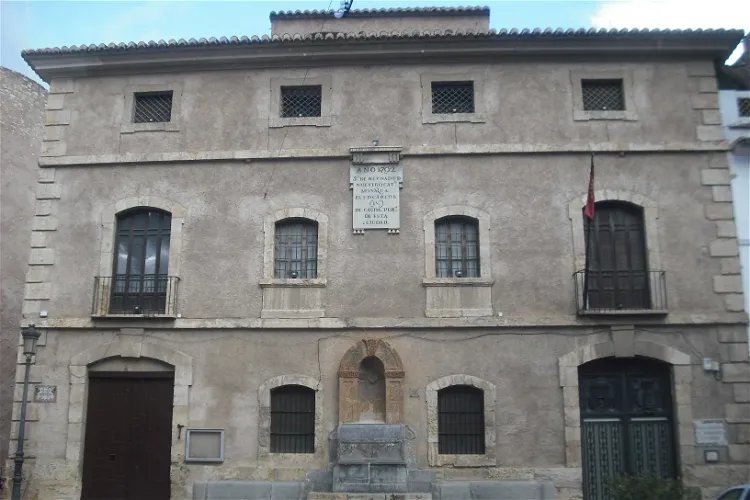
Segorbe Municipal Archaeological and Ethnological Museum
SegorbeThe Segorbe Archaeological and Ethnological Museum is housed in a neoclassical building that was erected in 1792. This building, known as the old Barracks House, is conveniently located in the Mesones square. It is in close proximity to the medieval aqueduct and the Botxí and Jail towers, making it a part of the rich historical landscape of Segorbe.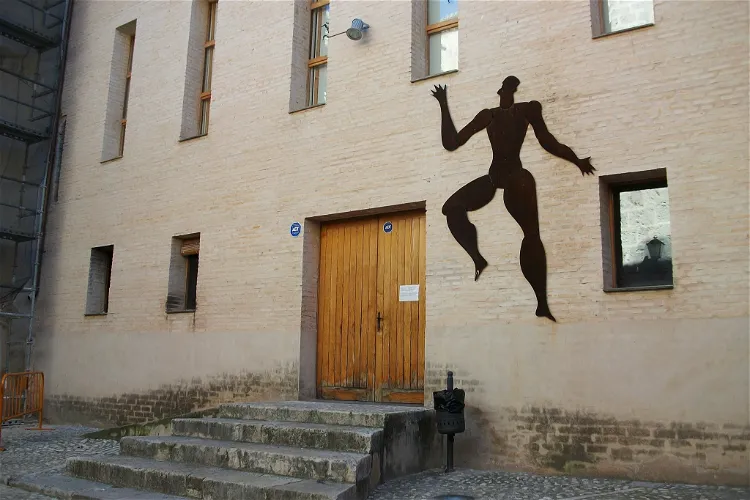
Albaida International Puppet Museum
AlbaidaThe Albaida International Puppet Museum, also known as MITA, is a municipal museum located in Albaida, Valencia, Spain. The museum is dedicated to the preservation, conservation, study, research, and communication of puppet art. It is a place where visitors can learn about the history and techniques of puppetry, and see a wide range of puppets from around the world.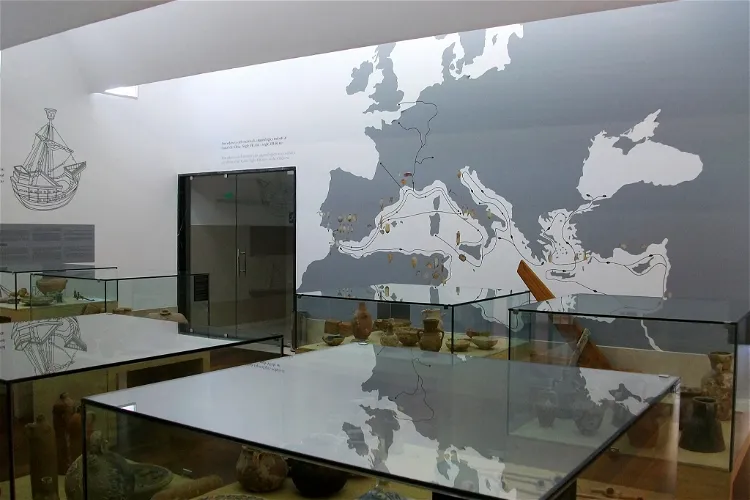
Soler Blasco Archaeological and Ethnographic Museum
JáveaThe Soler Blasco Archaeological and Ethnographic Museum, also known as the Soler Blasco Museum or the Xàbia Museum, is a municipal archaeological and ethnographic museum located in the Spanish municipality of Jávea. It is a significant cultural institution in the region, offering visitors a chance to explore the rich history and ethnography of the area.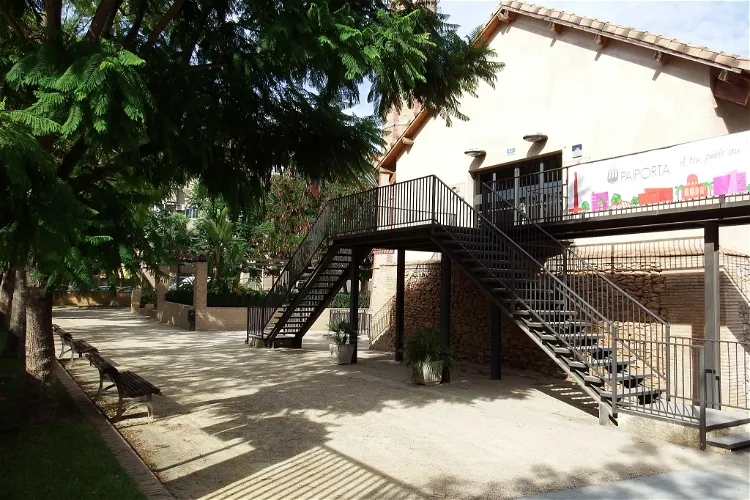
Museum of Rajoleria de Paiporta
PaiportaThe Museum of Rajoleria de Paiporta is an ethnological museum that is situated in an old brick factory known as Rajolar de Bauset. This unique location adds a historical and cultural depth to the museum, making it an interesting destination for tourists who are interested in the local culture and history.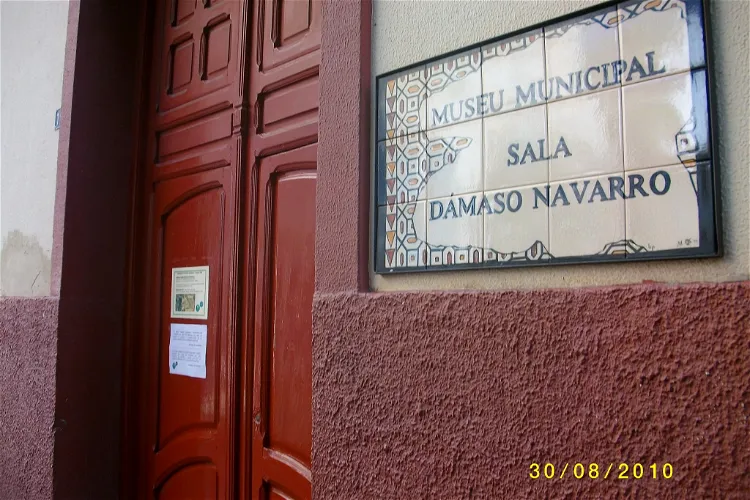
Museum Damaso Navarro
PetrerThe Dámaso Navarro Archaeological and Ethnological Museum is situated in the Spanish municipality of Petrer, Alicante. This location makes it easily accessible for tourists visiting the region. The museum offers a unique opportunity to explore the rich history and culture of the area.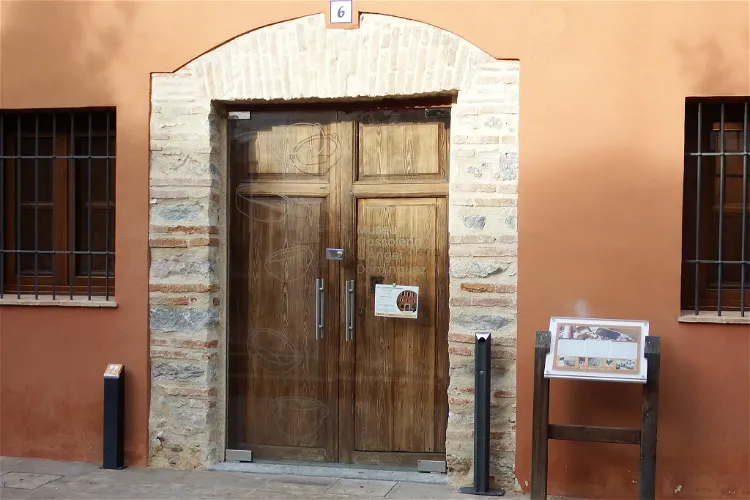
Museu Cassoleria d'Angel Dominguez
PotríesThe Museu Cassoleria d’Àngel Domínguez has also achieved the Q certification. This certification is granted by the Institute for Spanish Tourist Quality (ICTE), indicating that the museum meets high standards of quality in terms of services and facilities. This ensures a satisfactory visit for tourists.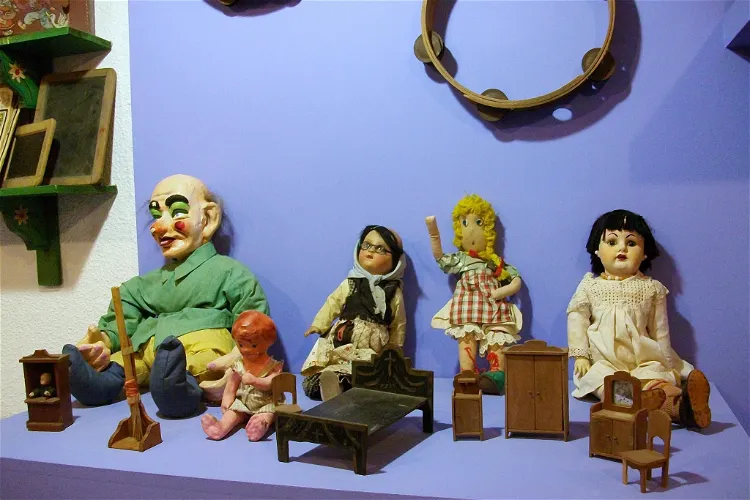
Ethnological Museum
Castelló de la PlanaThe Ethnological Museum of Castellón, also known as Museu d'Etnologia de Castelló in Valencian, is a significant cultural institution in the city of Castellón de la Plana. It is managed by the City Council of Castellón de la Plana and is situated in the heart of the city. The museum offers a deep dive into the ethnological aspects of the region, making it a fascinating destination for those interested in cultural exploration.- 24
Museo De Las Hogueras
AlicanteMuseo de Hogueras is a museum in Alicante that is dedicated to the history of Alicante's most famous Festival: the Hogueras de San Juan. It exhibits its collection of objects related to the festival. - 25
Museo Arqueológico
Callosa de SeguraThe Museo de Historia de la Ciudad en Callosa de Segura, located in the province of Alicante, Spain, is housed in a historic building that was once the municipal slaughterhouse, constructed in 1929. This unique location adds a layer of historical significance to the museum, making it an interesting destination for those interested in architecture and history.